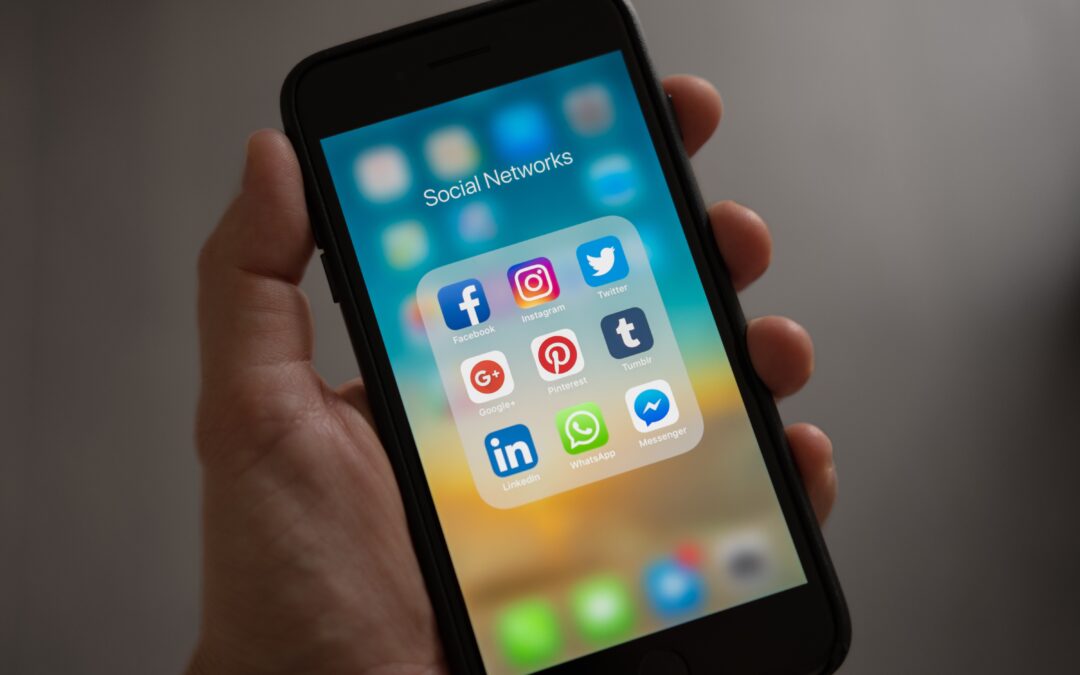Social media sites such as Facebook, Instagram, SnapChat, Twitter, Match.com, eHarmony, etc. are very popular and are used to display personal information. These sites can contain very private and confidential information; information that could be used adverse to anyone in litigation, including a divorce, legal separation, request for restraining orders, or custody disputes. Our office routinely checks Facebook and other forms of social media for information regarding both our clients and the opposing side.
The postings on social media sites are public, there is no right to privacy and they are “discoverable”, which means that production of the information could be compelled through legal process or otherwise accessed, printed, and presented to the Judge during your family law case or other litigation matter. If we, as your attorneys, receive a formal request such as a subpoena demanding production of the media postings, we cannot protect you by preventing the disclosure of the contents of any such postings. The same goes for text messages and photos transmitted on your cell phone: your service provider can be required to produce those items even if you have deleted them from your phone.
We strongly recommend that you remove everything on your social media sites that you would not want seen by your spouse, partner, former spouse, your children, opposing party, a prospective employer or by the Court. It would also be a good idea to advise your friends, family, significant other, etc. not to post pictures or other information about you on their sites as well. Comments such as ‘My ex is such a [insert expletive]. My kids would be better off if they never saw him/her’ can have completely unanticipated consequences: in many custody disputes, the tiebreaker is which parent is more willing to provide the other parent with frequent and continuing contact with the children. Such a posting tells the judge who is not willing to share access.
The information on the internet, on your social media sites and transmitted by your cellphone is not private and it could be very embarrassing and damaging to your case if the contents are labeled as ‘evidence’ and presented to the Judge to be used against your claims and interests.
